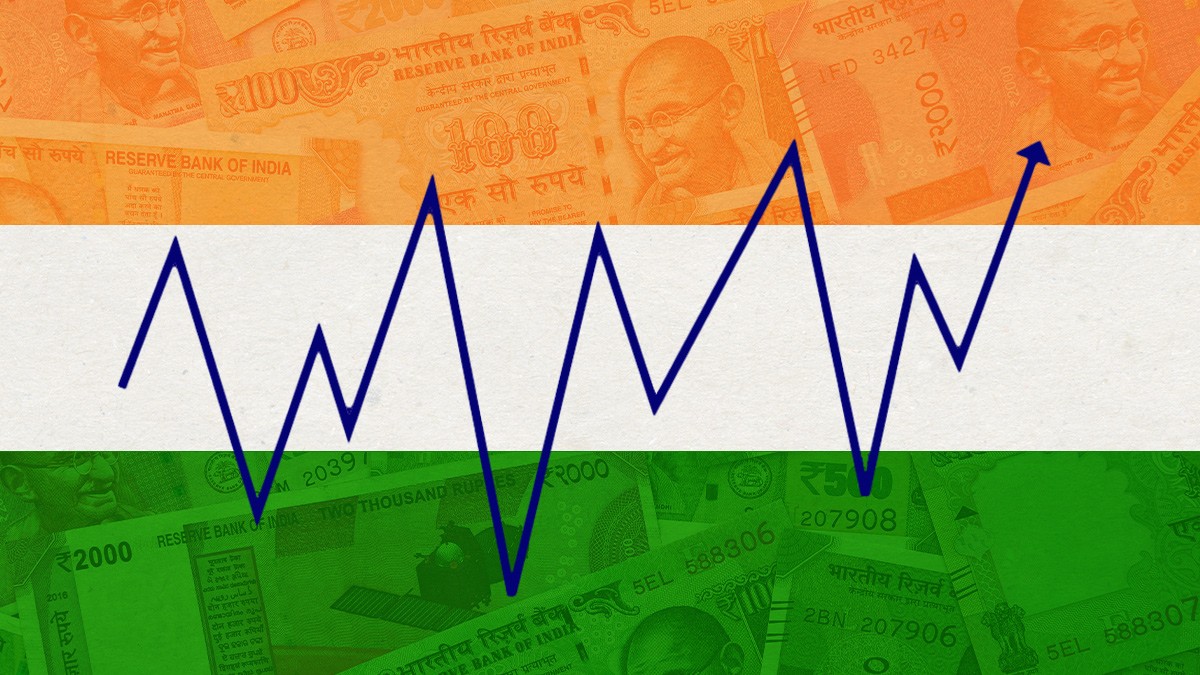MNC pharma major Eli Lilly has launched Mounjaro (tirzepatide), a weekly injection for obesity and type 2 diabetes, after obtaining approval from India’s Central Drugs Standard Control Organization (CDSCO).
As per the current statistics,
- Approximately 25% of the Indian population is classified as overweight or obese, with urban areas showing higher rates of obesity compared to rural regions. A study indicated that about 60% to 90% of individuals with Type 2 Diabetes (T2D) are also classified as obese.
- The Indian Council of Medical Research (ICMR) reports that over 11% of the population has diabetes, making India home to one of the largest diabetes populations globally. Among adults aged 45 and above, nearly 40% are at high risk for developing T2D, particularly in states like Kerala, where 64.4% of older adults are at risk.
The above reasons make the Indian Population a promising customer for Mounjaro medicine.
Mounjaro is priced at ₹3,500 for a 2.5 mg vial and ₹4,375 for a 5 mg vial. The monthly cost for patients typically ranges between ₹14,000 and ₹17,500, depending on the prescribed dosage. This drug is administered as a weekly injection, making it convenient for patients. It acts by activating both GIP (glucose-dependent insulinotropic polypeptide) and GLP-1 (glucagon-like peptide-1) hormone receptors, which help regulate blood sugar levels and appetite.
There is connection between obesity and T2D is well-established. Obesity significantly increases the risk of developing T2D due to several mechanisms:
- Insulin Resistance: Excess body fat, particularly abdominal fat, leads to insulin resistance, where the body’s cells do not respond effectively to insulin. This condition is a precursor to T2D.
- Metabolic Dysregulation: Obesity is associated with lipid imbalances, fatty liver disease, and dysfunction in insulin-producing cells, creating a metabolic environment conducive to diabetes.
- Cardiovascular Risks: Coexisting obesity and T2D heighten the risk of cardiovascular diseases, which are leading causes of mortality among affected individuals.
Instuctions for Consumption
- Read the Instructions for Use that come with Mounjaro.
- Use Mounjaro exactly as your healthcare provider says.
- Mounjaro is injected under the skin (subcutaneously) of your stomach (abdomen), thigh, or upper arm.
- Use Mounjaro 1 time each week, at any time of the day.
- Do not mix insulin and Mounjaro together in the same injection.
- You may give an injection of Mounjaro and insulin in the same body area (such as your stomach area), but not right next to each other.
- Change (rotate) your injection site with each weekly injection. Do not use the same site for each injection.
- If you take too much Mounjaro, call your healthcare provider or seek medical advice promptly.
Sever Side Effects of Mounjaro
- Inflammation of the pancreas (pancreatitis). Stop using Mounjaro and call your healthcare provider right away if you have severe pain in your stomach area (abdomen) that will not go away, with or without vomiting. You may feel the pain from your abdomen to your back.
- Low blood sugar (hypoglycemia). Your risk for getting low blood sugar may be higher if you use Mounjaro with another medicine that can cause low blood sugar, such as a sulfonylurea or insulin. Signs and symptoms of low blood sugar may include dizziness or light-headedness, sweating, confusion or drowsiness, headache, blurred vision, slurred speech, shakiness, fast heartbeat, anxiety, irritability, or mood changes, hunger, weakness and feeling jittery.
- Serious allergic reactions. Stop using Mounjaro and get medical help right away if you have any symptoms of a serious allergic reaction, including swelling of your face, lips, tongue or throat, problems breathing or swallowing, severe rash or itching, fainting or feeling dizzy, and very rapid heartbeat.
- Kidney problems (kidney failure). In people who have kidney problems, diarrhea, nausea, and vomiting may cause a loss of fluids (dehydration), which may cause kidney problems to get worse. It is important for you to drink fluids to help reduce your chance of dehydration.
- Severe stomach problems. Stomach problems, sometimes severe, have been reported in people who use Mounjaro. Tell your healthcare provider if you have stomach problems that are severe or will not go away.
- Changes in vision. Tell your healthcare provider if you have changes in vision during treatment with Mounjaro.
- Gallbladder problems. Gallbladder problems have happened in some people who use Mounjaro. Tell your healthcare provider right away if you get symptoms of gallbladder problems, which may include pain in your upper stomach (abdomen), fever, yellowing of skin or eyes (jaundice), and clay-colored stools.
- Food or liquid getting into the lungs during surgery or other procedures that use anesthesia or deep sleepiness (deep sedation). Mounjaro may increase the chance of food getting into your lungs during surgery or other procedures. Tell all your healthcare providers that you are taking Mounjaro before you are scheduled to have surgery or other procedures.
ALSO READ : Manam Chocolate: Elevating Indian Cacao to Luxury Chocolate Standards
























